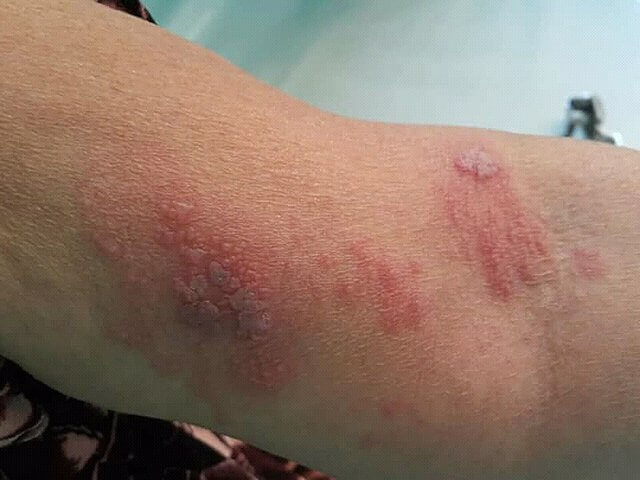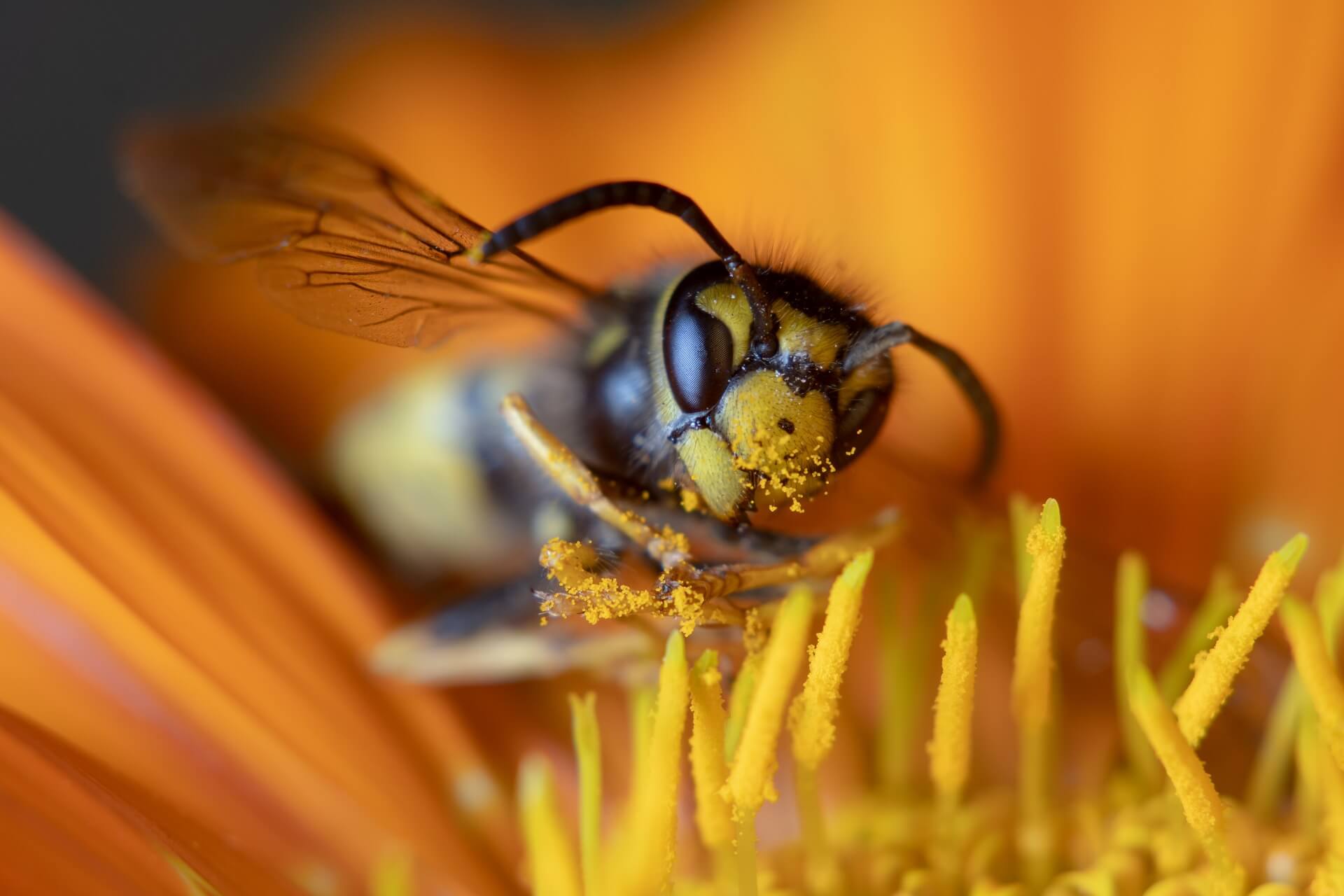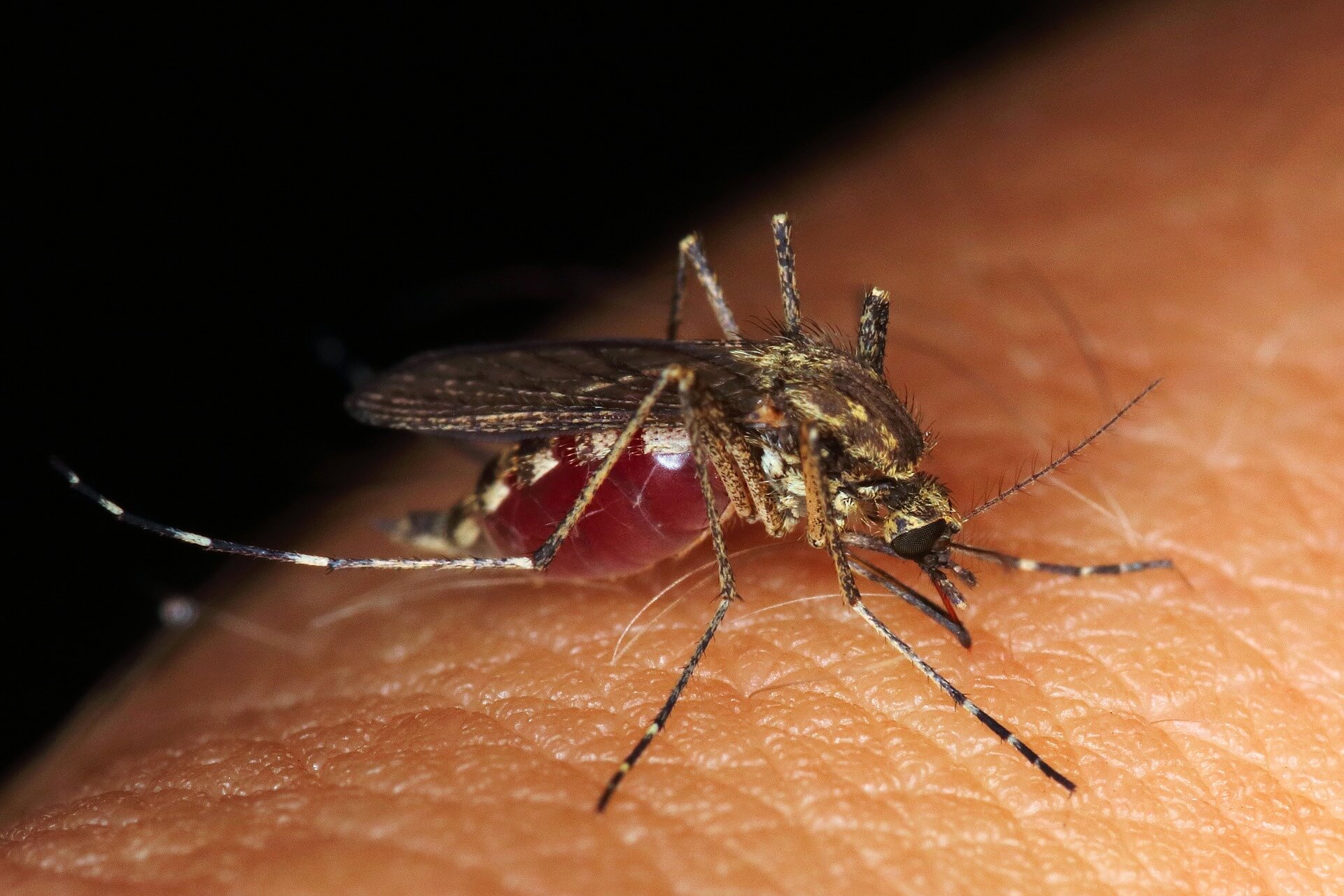
Shingles – Symptoms and Pain Relief Remedies
Shingles comes from the chicken pox virus and it can be painful, but from the end of January you can visit your Pharmacy for treatment.

Soon warmer weather will be on its way. You’ll probably want to get outside and enjoy the sunshine either in your garden or by walking in the countryside without getting an insect bite or sting.
Spring and summer also mean the bugs and insects that have been quiet during the winter also come out to enjoy the warmer weather. This could mean at sometime an insect will bite or sting you.
Insect bites are very common and often they don’t cause any harm apart from a minor irritation. But some people are allergic to insect bites and stings, and they need medical intervention.
Sometimes bites and stings become infected and may require treatment from your doctor or pharmacy.
Bees, hornets, and wasps can give you a painful sting. Spiders, mites, and ticks like to bite. Insects that also bite include mosquitos, bedbugs, fleas, and midges.
A pet flea may bite you. On some ocassions people also get bites from bedbugs while they are staying at holiday accommodation.
More often than not you’ll be stung or bitten by an insect while you’re outside, although spiders and mosquitos like to hang around indoors too.
The skin around the area of the bite will become swollen, red and itchy. You’ll notice a mark on your skin. For people who don’t have allergies the spot is usually itchy and quite painful for a few days and then it disappears.
People who are allergic to bites or stings may go into anaphylaxis which is a medical emergency. Some people carry an injection pen of adrenaline. The injection goes into the thigh muscle. But anyone with an allergy will need the help of the ambulance service.
If you have been stung, try to remove the sting without making a puncture in the sac that contains the venom. You should be able to scrape the sting out using your fingernail or an object with a hard edge.
Anyone bitten by a tick should get hold of it as close to your skin as possible. Without squeezing or crushing the insect, pull it upwards and it should come away from your skin.
Try not to scratch the skin because this could lead to infection. Wash the area where you’ve been stung or bitten with soap and water. If you have swelling lay a cold flannel over the area. You can see your pharmacist to buy painkillers like paracetamol or ibuprofen. Antihistamine tablets can also reduce swelling.
If the bite area starts to swell or is oozing pus, then this is a sign that the bite has become infected. You may also have more pain and warmth on your skin. Some people also experience a fever, or chills and you can have swollen glands.
Exposed skin should be treated with insect repellent. Preferably one that contains DEET (diethyltolumide) is an effective solution. Wear long sleeves and trousers if you are sitting outside during sunrise or sunset. Insects are most active as the sun is coming up and when it is going down.
If you are camping stay away from a body of water as it is here, you will find mosquitos and horseflies.
Keep the windows shut in the hot weather or use netting over windows and beaded curtains on outside doors to make it difficult for insects to get inside.
Your pharmacy can help you if you need treatment for an infected insect bite. Treatment is part of the Pharmacy First Service, and you may find it a lot quicker than waiting to see your doctor.
Treatment for insect bites is free under the NHS but you will need to pay for any prescriptions issued unless you are normally exempt. To make an appointment at VSM Pharmacy simply give us a call on 01276 21002 or call in to the pharmacy and make an appointment with a member of staff.

Shingles comes from the chicken pox virus and it can be painful, but from the end of January you can visit your Pharmacy for treatment.

Mosquito bites can be painful and itchy. There are ways to treat and avoid mosquito bites. If you have a bite that’s become infected VSM Pharmacy can treat you.

Copyright © VSM Pharmacy Limited. All rights reserved. vsmpharmacy.co.uk is a trading name of VSM Pharmacy Limited. Registered office: 124 Frimley Road, Camberley, Surrey, United Kingdom, GU15 2QN. Registered in England: company number 12182298.

To provide the best experiences, we and our partners use technologies like cookies to store and/or access device information. Consenting to these technologies will allow us and our partners to process personal data such as browsing behavior or unique IDs on this site and show (non-) personalized ads. Not consenting or withdrawing consent, may adversely affect certain features and functions.
Click below to consent to the above or make granular choices. Your choices will be applied to this site only. You can change your settings at any time, including withdrawing your consent, by using the toggles on the Cookie Policy, or by clicking on the manage consent button at the bottom of the screen.